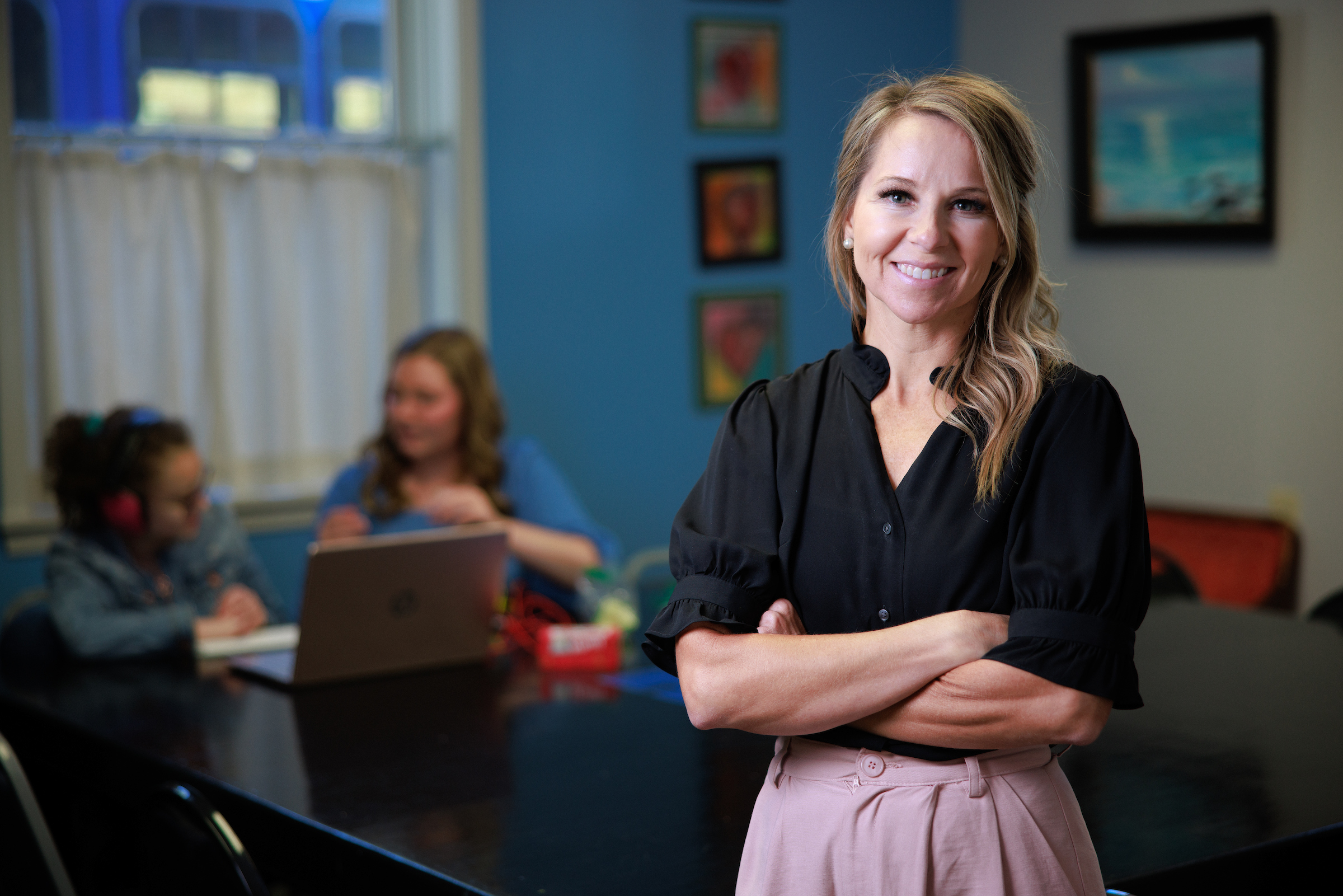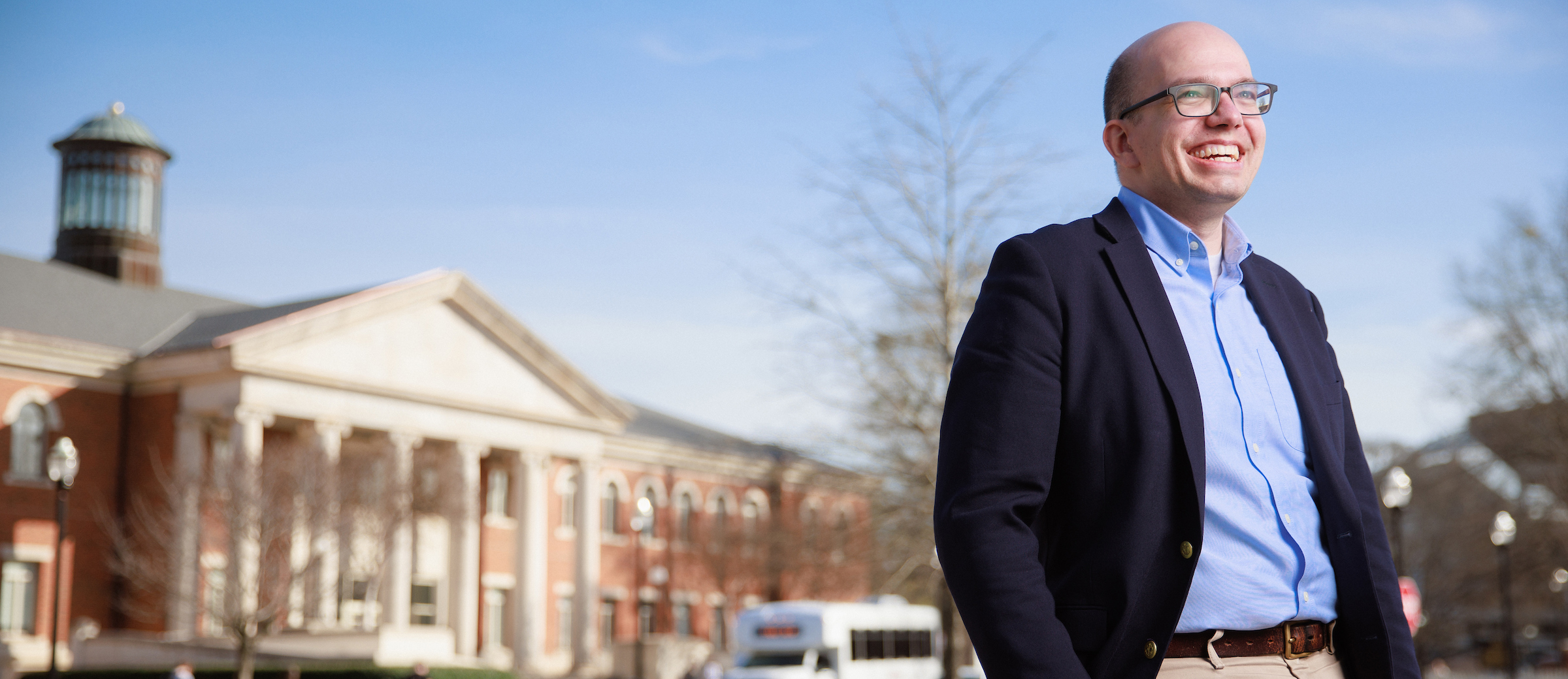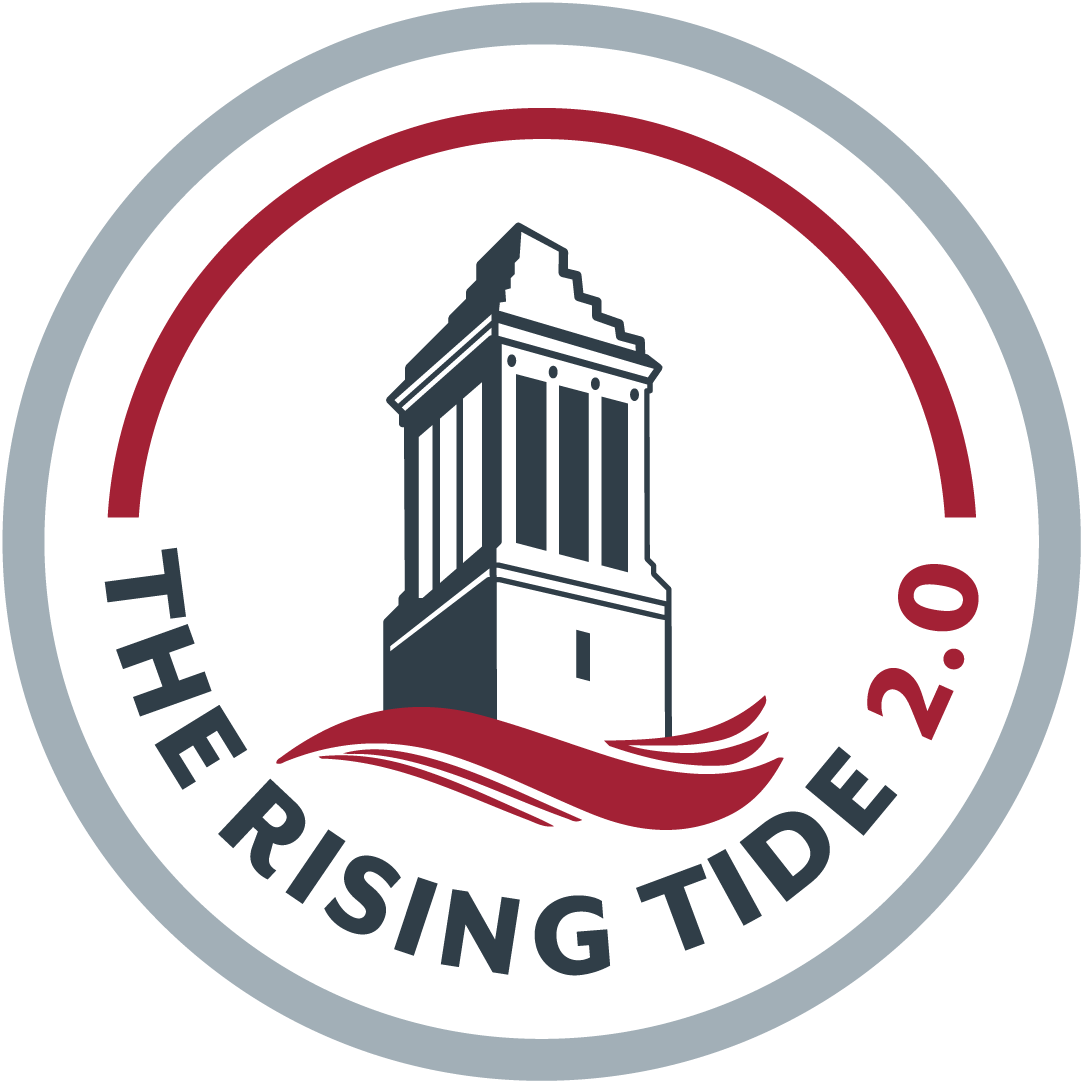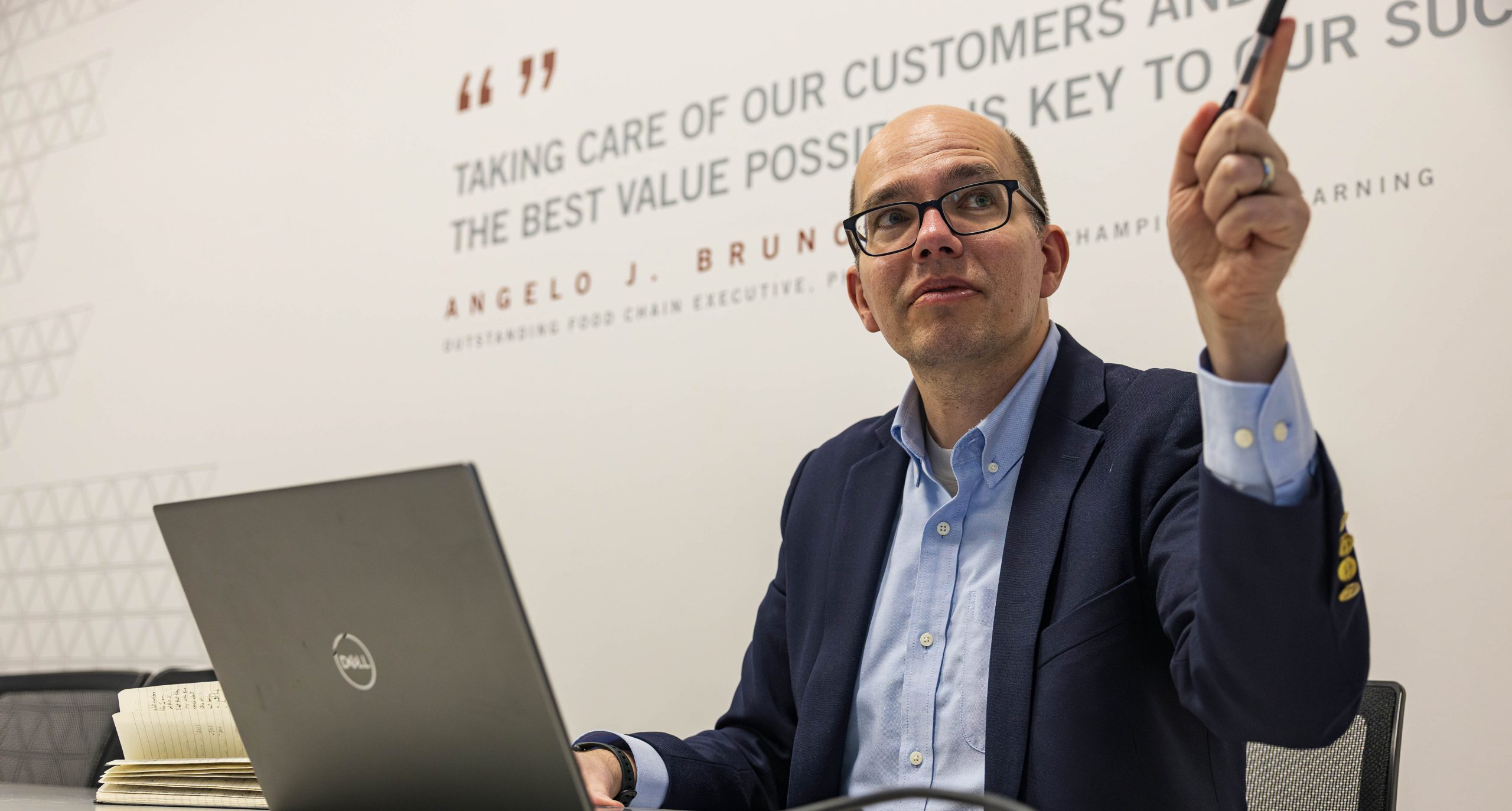Dr. Amy Hutchison



Business professor studying links between real estate markets, transportation
Location. Location. Location.
This typical real estate saying emphasizes the great equalizer in how markets value homes and commercial property. But with natural amenities like weather or green spaces, each location has critical infrastructure aspects that can affect livability, convenience and safety, further influencing markets across the globe.
Transportation, particularly in densely populated cities, is also a key influencer and foundational to understanding real estate markets because of how it affects individual and citywide productivity, says Dr. Jonathan Hall, the M. Christian Mitchell Professor of Real Estate at The University of Alabama.
“Our standard of living is so high because we collaborate with one another,” Hall said. “Understanding how transportation networks function and how to build them more effectively helps large cities be more productive and profitable, and it directly impacts real estate prices.”

Hall’s research focuses on three broad themes: understanding and addressing traffic congestion; evaluating the impacts of new transportation technologies on cities; and improving transportation safety. His 2018 study, “Is Uber a substitute or complement for public transit?” in the Journal of Urban Economics found that ride-sharing services can “increase the reach and flexibility” of fixed-route, fixed-schedule services, like buses and trains, a key finding as cities regulate alternative transportation companies. The paper generates hundreds of citations each year, but Hall says he’s most proud of his 2021 study, “Can Tolling Help Everyone? Estimating the Aggregate and Distributional Consequences of Congestion Pricing” in the Journal of the European Economic Association, which analyzes how tolling systems, like time-varying tolls, can help people move about more efficiently.
“And to do that, I had to bring in research from transportation engineers and research from economists, and by combining the knowledge of these fields, which don’t always talk to each other, we were able to get a new insight that is very policy-relevant and can directly impact our world and make it better,” Hall said.
A burgeoning field – and program
When UA alumnus M. Christian Mitchell and his late wife, Dr. Laurel B. Mitchell, began exploring planned gifts and giving priorities for their family, they considered several institutions that had affected their lives. But, instead of spreading that support across multiple universities, they decided a gift to one school – the Culverhouse College of Business at UA – would maximize the impact of their gift. That decision was further strengthened after Laurie’s passing, when Chris reconnected with childhood friend and current spouse, Linda, a fellow UA graduate.
The development team in Culverhouse presented Chris and Linda the opportunity to help shepherd the “burgeoning and growing” real estate program from a minor to a major, which would require new faculty.
“My professional life has been tied to real estate, so the affinity was there, as well as the need for the college,” Chris said. “And that really resonated; the opportunity to be associated with an investment that could move the program forward by creating education, opportunity and research to help the school stand out.”
The M. Christian Mitchell Endowed Professorship in Real Estate was created during The Rising Tide 2.0 Capital Campaign, and Hall assumed the role in October 2024.
Research to ‘make the world a better place’
Transportation infrastructure in the United States and English-speaking countries costs significantly more than in other countries, Hall says, underscoring the importance of research in helping make better policy and fiscal decisions.
Hall is part of a team evaluating congestion pricing in New York City, measuring its effects on car crashes and pollution, as well as people’s views on pricing before and after implementation. Hall is also studying driver assistance systems, such as blind-spot monitors, lane-departure warnings and automatic braking to determine if people are overly reliant on these systems and driving differently.
“In the laboratory, these features appear to help,” he said. “But are people on their phones more? Are they still checking over their shoulder before they switch lanes?
“We’re collecting crash data from 40 states to understand the effects of these technologies.”
The Mitchell endowment helps fund this research activity, especially in the summer. It also covers travel and expenses to present at conferences and helps pay graduate assistants.
“It’s a real honor to be able to hold one of the endowed positions that have been created by The Rising Tide Capital Campaign,” Hall said. “It’s a real vote of confidence in my work, and I take that as a responsibility to use their funds well to make sure I’m doing it to make the world a better place.”
